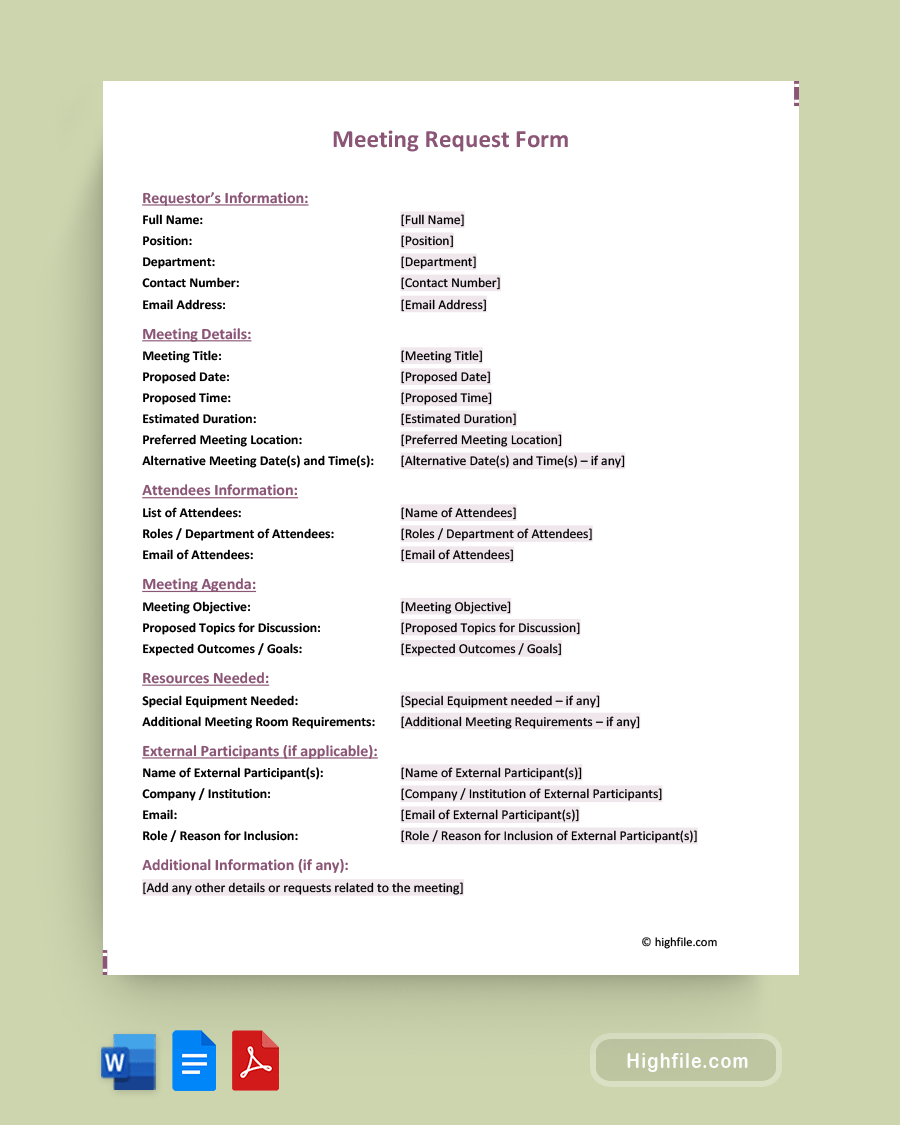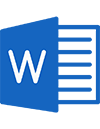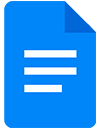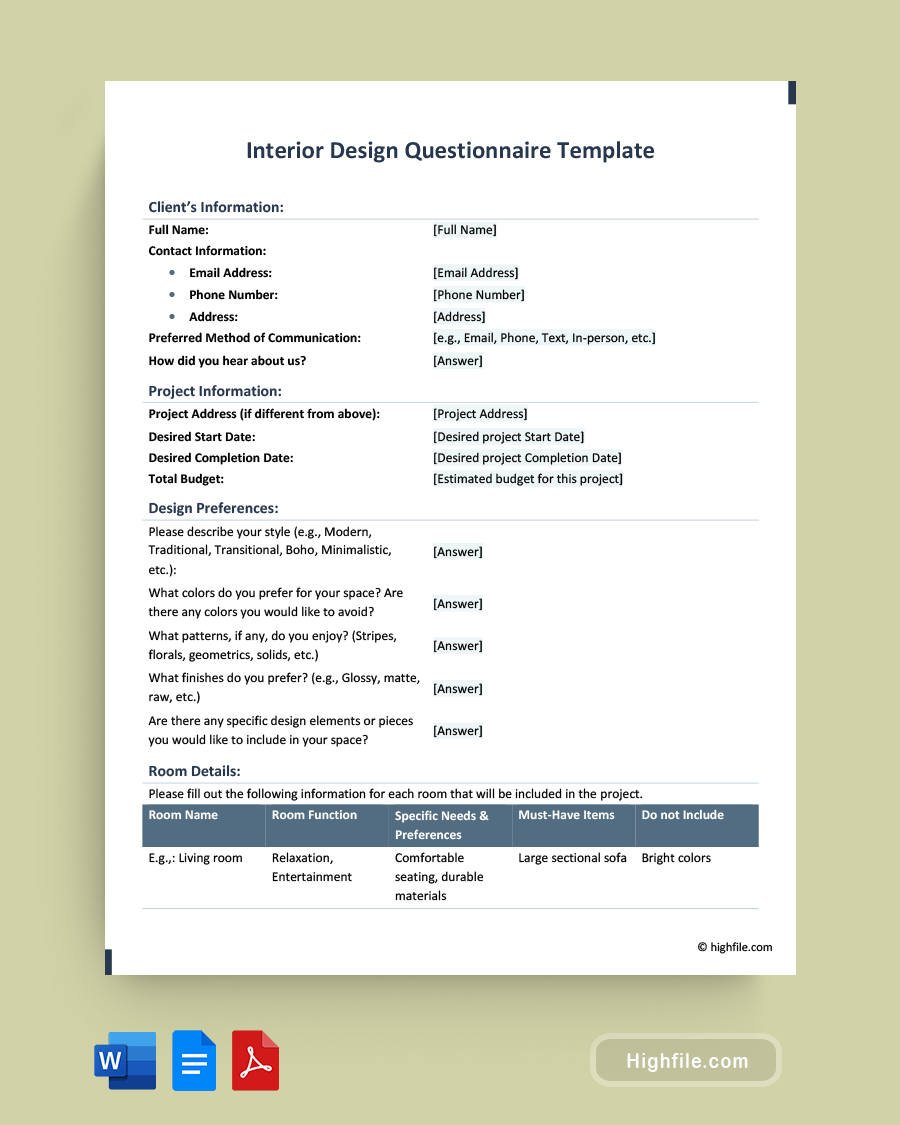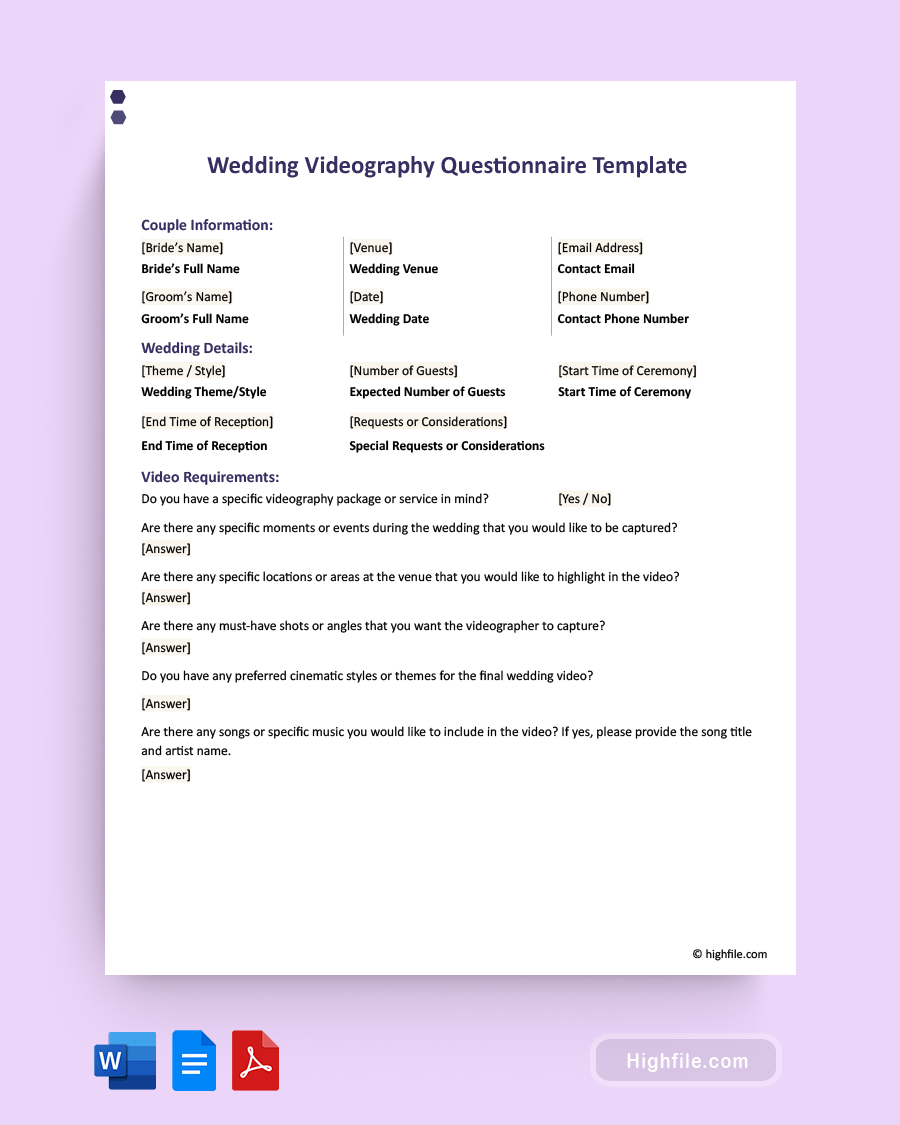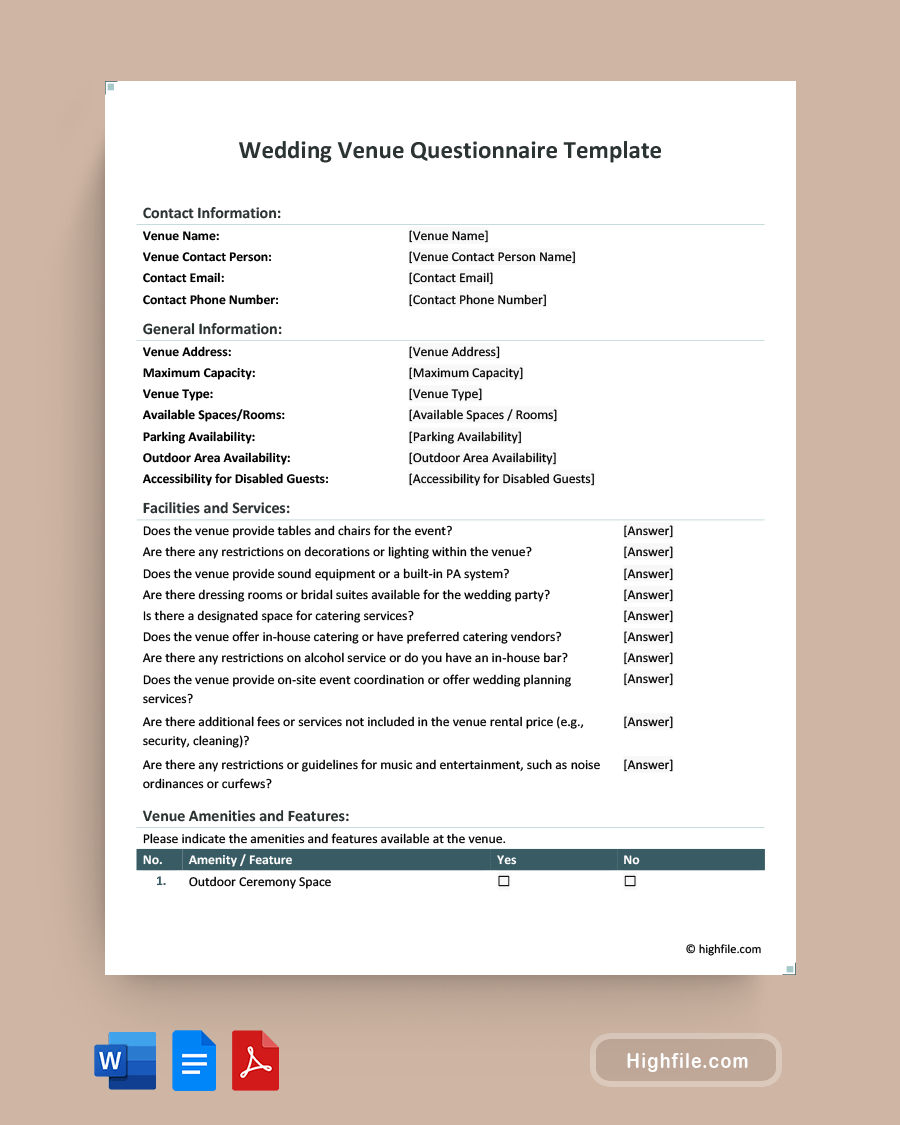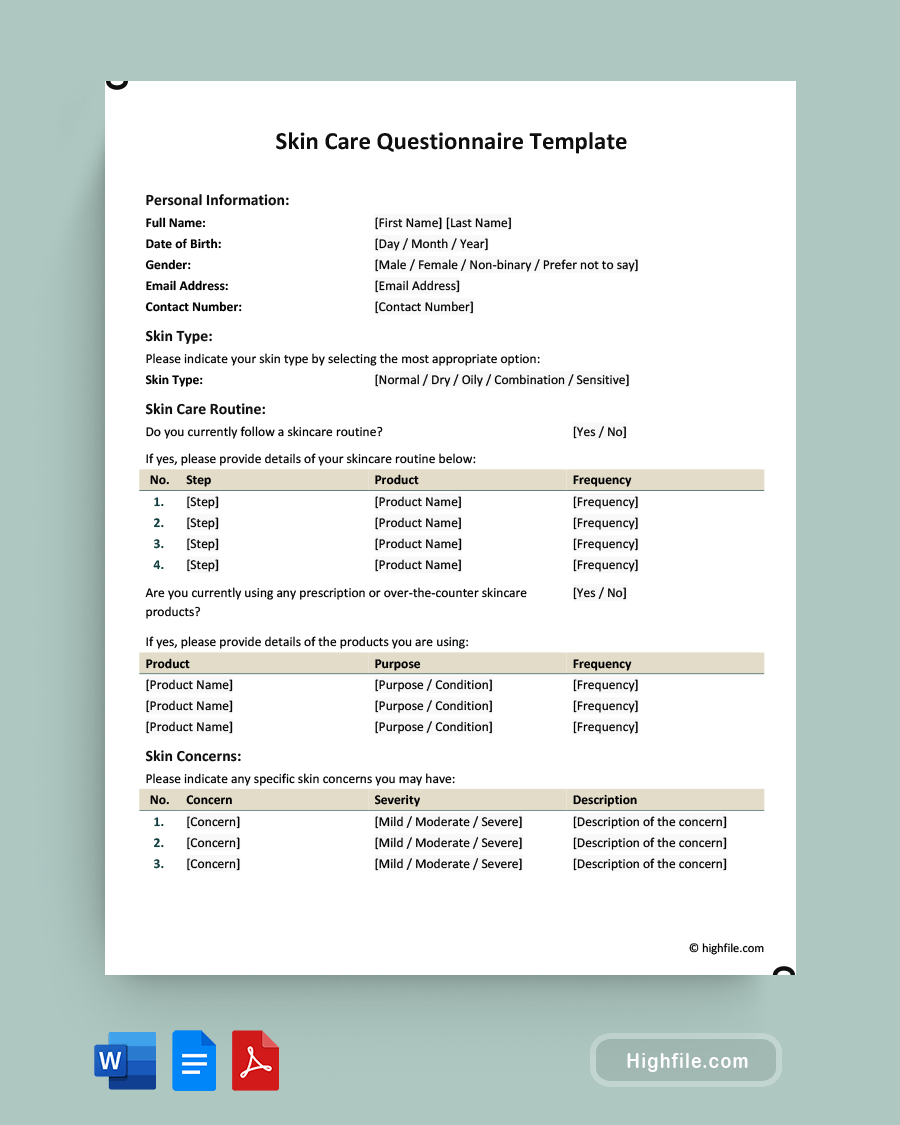Contents of the Template:
- Requestor Information: This section captures essential details about the person requesting the meeting such as their name, position, department, and contact details.
- Meeting Details: Key specifics like the meeting title, proposed date and time, and preferred location are outlined here.
- Attendees Information: An area to list all potential attendees, their roles, departments, and contact emails.
- Meeting Agenda: This segment focuses on the purpose and objectives of the meeting, topics for discussion, and expected outcomes or goals.
- Resources Needed: Any special equipment or additional requirements for the meeting room are indicated here.
- External Participants: If there are attendees from outside the organization, their details, and reasons for inclusion are provided in this section.
- Additional Information: A space for any other relevant details or special requests.
Why Use This Template:
- Clarity and Organization: Using this template ensures all necessary information for scheduling a meeting is collected systematically.
- Time Efficiency: With all details in one place, scheduling and prep time are significantly reduced.
- Professionalism: Presenting or sending out a standardized form demonstrates a high level of professionalism in your organization’s operations.
- Adaptability: The multiple formats (Word, PDF, and Google Docs) cater to varied user preferences and purposes.
Ideal For:
- Corporate Meetings: When various departments need to converge on a topic or project.
- Event Planning: Especially for events that involve external participants and require specialized resources.
- Team Brainstorming Sessions: When you want to ensure you’ve reserved the right space and tools for a productive session.
- Client Meetings: To ensure that all client requirements are clearly understood and catered to.
- Educational or Training Sessions: When resources, attendees, and agendas need to be clearly defined in advance.
